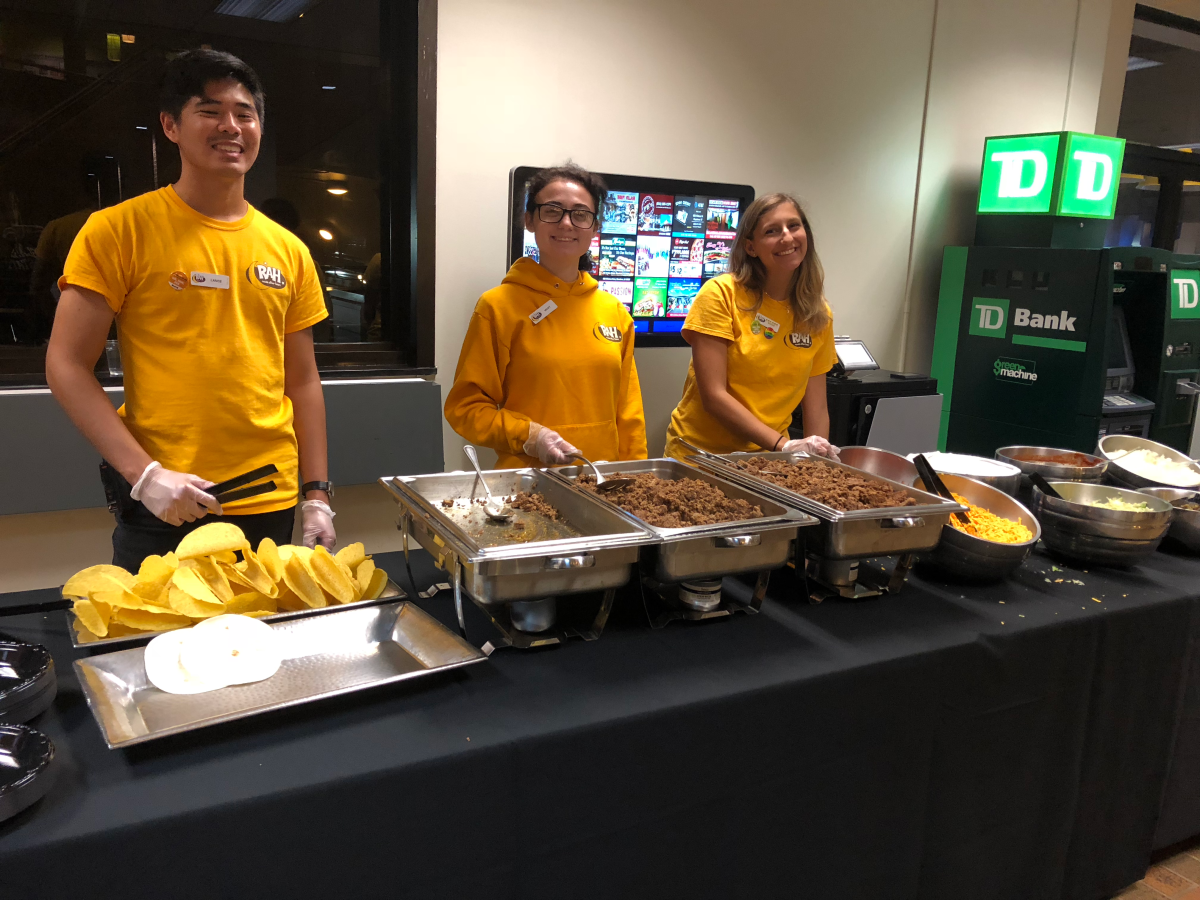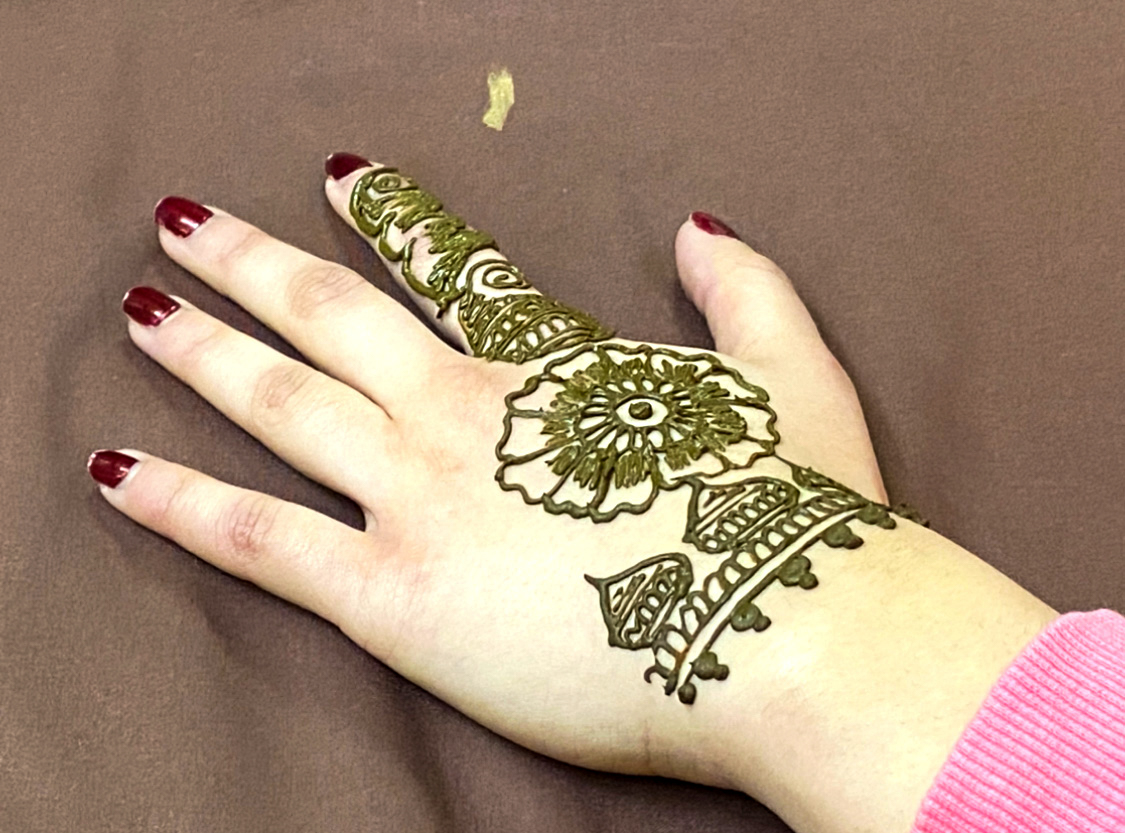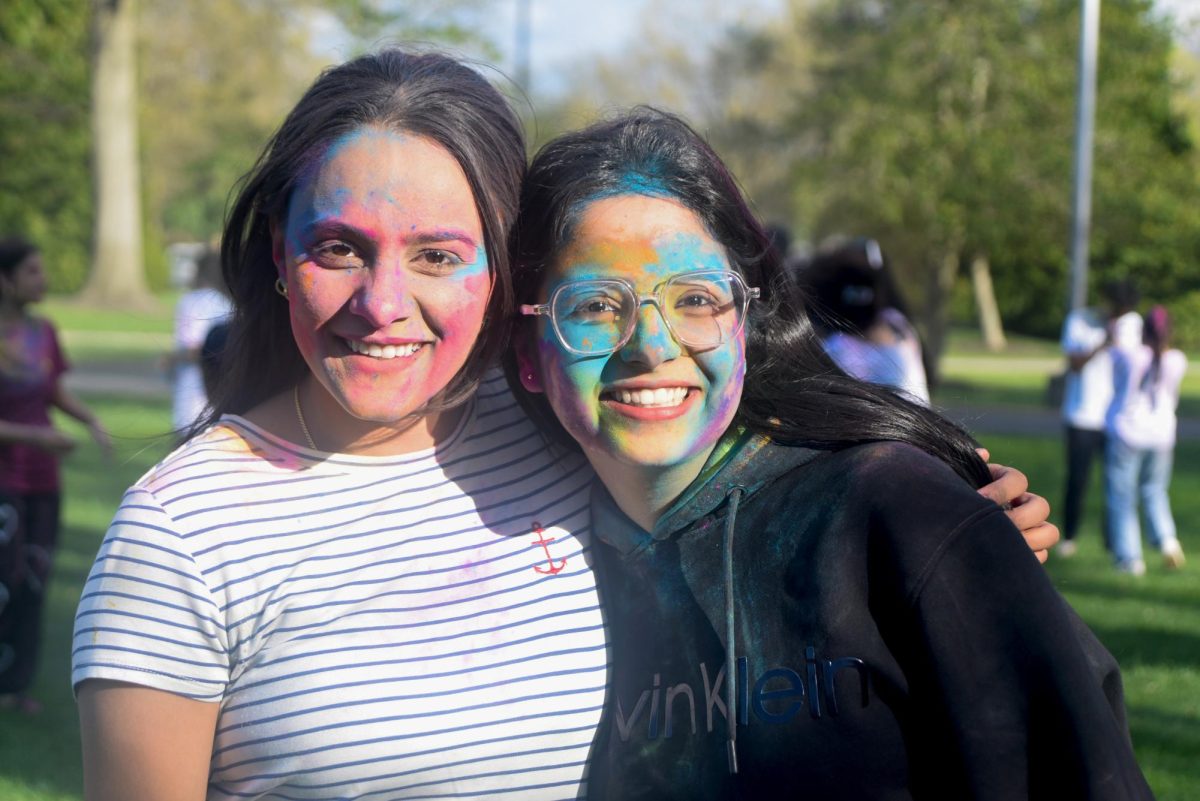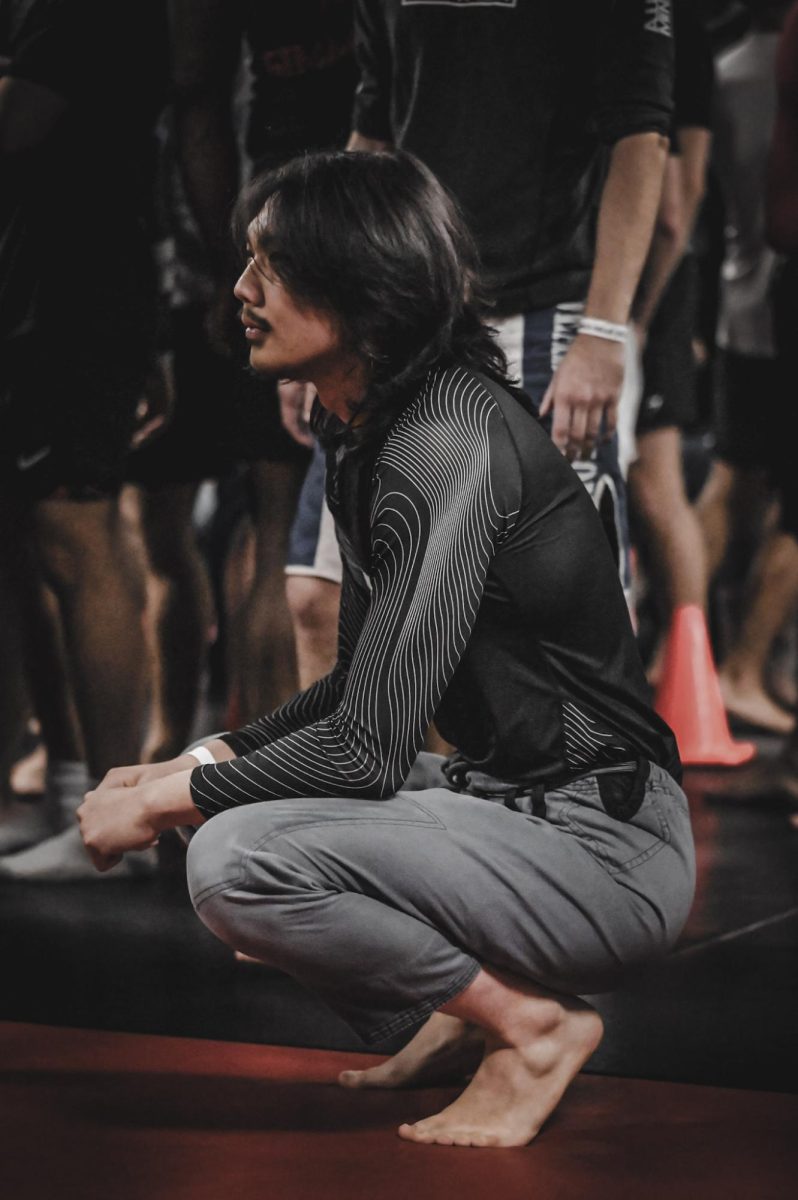Rowan After Hours is a powerhouse organization that dominates weekend activities at Rowan. Although RAH is one of the first clubs that students learn about at orientation, many students have no concept of the club’s history.
Contrary to popular belief, Rowan After Hours is not just a club that steers students away from nefarious activities such as partying on the weekends. The reality of RAH’s history is a lot richer and nuanced than this.
Many would be shocked to know that RAH isn’t a club at all.
“RAH is considered a department, so we have departmental fees and functions,” said Lauren Kuski, the associate director of Programming and Administrative Operations. “We don’t function as a student organization, we function as professional staff.” RAH is also funded through student’s tuition. This figure is not allowed to exceed $25 per semester, and traditionally uses $2.35 per credit.

Rowan After Hours was created in response to a campus tragedy. On Oct. 27, 2007 sophomore Donnie Farell was murdered near the Triad Apartments. His death remains unsolved. Needless to say, this has impacted and continues to affect Rowan’s community. Many memorial events and public safety measures were created in response to this tragedy, Rowan After Hours being just one of them.
“[Farell] is a prominent figure not for just Rowan, but for RAH as well, ” Kuski said. “He was one of the catalysts to look at what Rowan does with public safety as well as activities on campus… There weren’t a lot of activities happening on the weekend.”

With the thought of safety in mind, many began to wonder why there weren’t programs where students could gather late at night during the weekend. Later that year, the Office of Student Activities, now part of Student Center Campus Activities, proposed the notion to the Student Government Association and upper-level administration to hold regular events on weekends.
The Rowan After Hours of 2008 was starkly different from today’s RAH. The organization only hosted events on Thursdays as a trial run. That spring, it was put up for referendum. If RAH’s budget was passed, it would be funded through student tuition. Of course, the referendum was passed and RAH as we know it started in Spring 2008.
“It’s a history that our professional staff holds dear,” Kuski said. “I was a student around this time and it’s something that is very important for me and my team to know what our history is and where we came from.”
Despite the organization’s history, many of RAH’s efforts are unknown to the student body.
“I never like to put it out as a place where you go to, if you don’t like to party, come here,” Kuski said. “It’s a place where you can come as you are. We provide free food, we provide free entertainment, we want to see everyone here.”
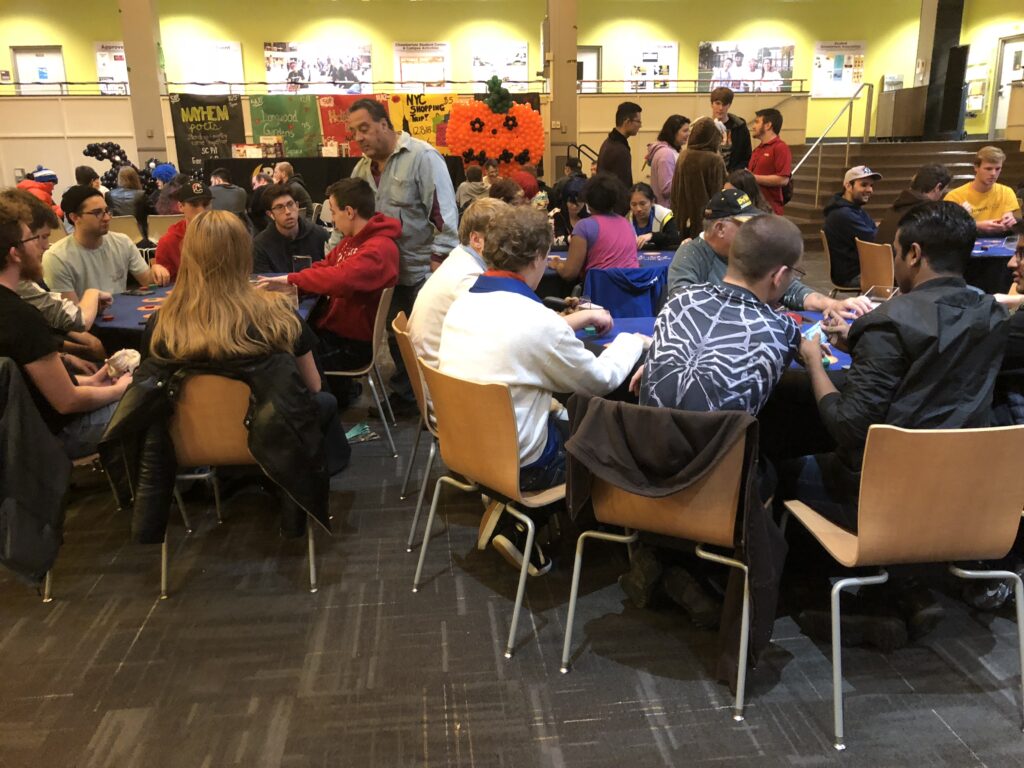
RAH staff members also strive to create an environment where people are able to “check in” with the mental health of their attendees.
“One [o’clock] in the morning is an interesting time to be on campus. We value the stories our students tell us. They tell us some stories and they trust us in that capacity,” Kuski said. “We love that a lot of students find their homes at RAH. We love that students are able to say that they are still at Rowan or still ‘here’ because someone asked them, ‘How are you doing?’ That’s something that we as staff and as students really value.”
Beyond RAH’s philanthropic goals, RAH is meant to be centered around bringing fun events to the student body. Of course, RAH is well known for certain hit events, such as bingo or drag nights, and attempts to create diversity within their programs to create an environment for students with all kinds of interests.
“When you look at our calendar, you more than likely don’t see yourself in the whole calendar. Hopefully, you experience new things and try different types of programs. But my true hope is that you see yourself once or twice a semester.”

So what’s in the future for RAH?
“We don’t want to host the same events over and over and over again. The Rowan population is constantly changing. We gain a new class and we lose a new class,” Kuski said. “This semester’s programs are built upon what the current culture is interested in.”
So, the influx of “nerd culture” programs that were present in this semester’s calendar is because of last semester’s taste.
But don’t fret: Rowan After Hours is willing to take suggestions for events.
“We have nightly evaluations for what ideas students have brought for us,” Kuski said. “We also take into consideration what the following class wants from us.”
If you aren’t into Dungeons & Dragons, you can always say to a staff member that you think that having DIY nights is better.
In the meantime, RAH team members are constantly working toward curating events through attendance numbers and visitors’ responses.
“If something is not a hit, we’ll figure out what we did that didn’t make a hit, or maybe it’s just a program that needs some time off,” Kuski said.
In other words, RAH might be hosted by professionals, but it’s up to student responses to make it better.
“The students, the grads and the professional staff value RAH. We really want to see our students happy,” Kuski said. “If students have an interest in programming ideas, please send them our way. We’re more than happy to take them into consideration. We are run by professional and graduate staff, but we are programming for students.”

If you have any information about Donnie Farell’s murder, please visit The Donnie Farrell Project website.
For comments/questions about this story, email [email protected] or tweet @TheWhitOnline.
























































































































































!["Working with [Dr. Lynch] is always a learning experience for me. She is a treasure,” said Thomas. - Staff Writer / Kacie Scibilia](https://thewhitonline.com/wp-content/uploads/2025/04/choir-1-1200x694.jpg)








































